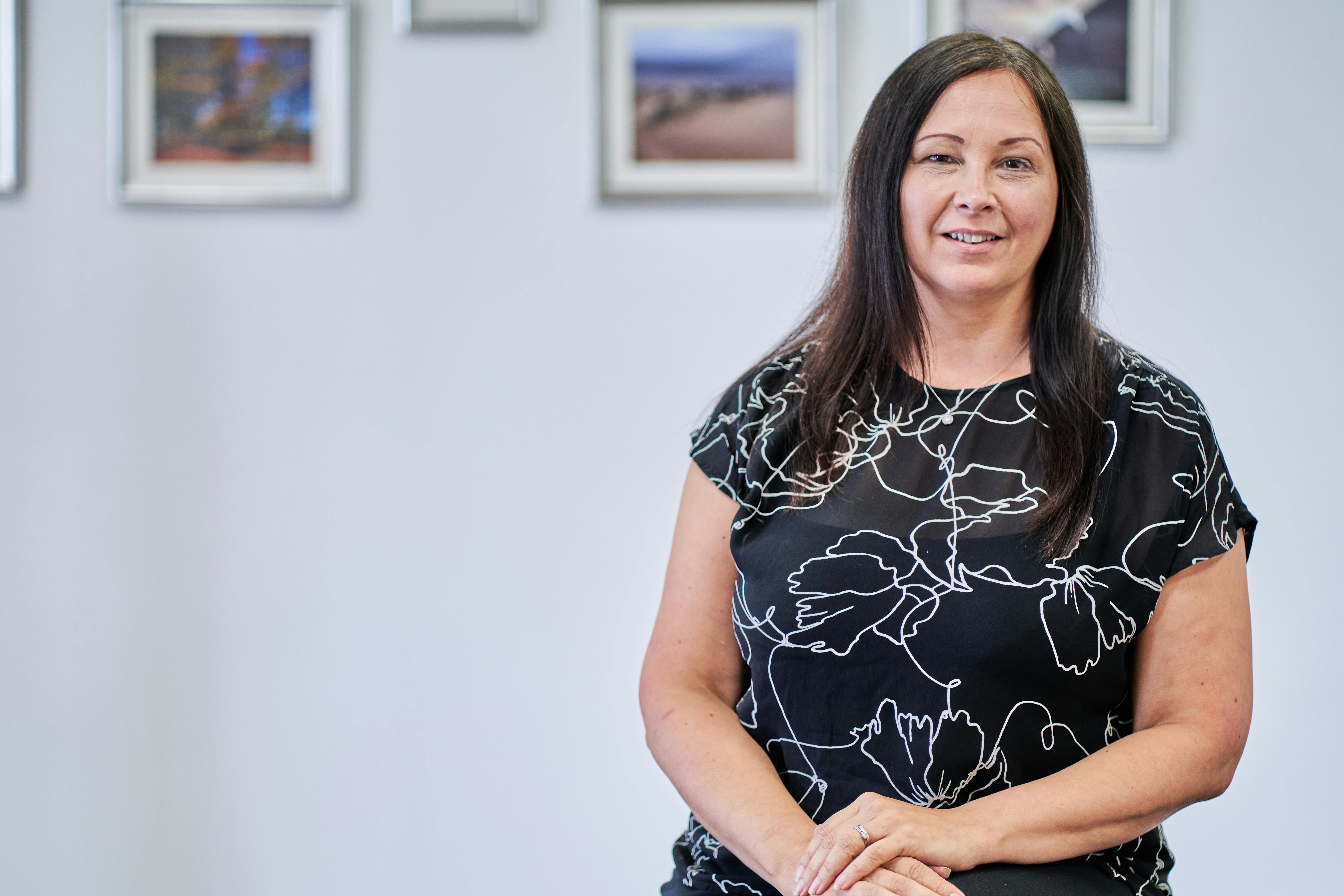It is inevitable at some stage you will have to deal with the death of a family member, friend or associate. As well as the emotional issues to be addressed, there are a number of practical and financial issues to be taken care of.
You may find yourself having to take responsibility for these. Lovewell Blake can assist with the practicalities, or even take on the burden of dealing with the administration of the estate.
Dealing with the estate of a loved one can be challenging, our team of experienced specialists can help guide you through the process from start to finish.
What to do when someone dies
If you are the person charged with looking after the deceased's estate, there are a number of ways we can help you right now:
-
Notifying financial institutions on your behalf
-
Establishing assets and liabilities
-
Completing forms for inheritance tax purposes
-
Advising on probate process
-
Ensuring the estate is income tax and capital gains tax compliant
-
Preparing accounts for the estate
-
Assisting with the distribution of assets to beneficiaries
Planning ahead
One of the best ways to help your family in the future is to put in place a plan for what should happen on your death. This can be difficult to think about, but making plans whilst you are able minimises the concerns and administrative burden for those left behind.
We can assist you in the estate planning process by:
-
Helping you update or review a Will
-
Being named as executors of your Will
-
Reviewing the exposure of your estate to tax and ensuring your affairs are arranged in the most tax efficient manner
-
Allowing you to fulfil your financial and taxation obligations, whilst still protecting your assets for your future and that of your family.
We will work with you to plan for the best outcome for your circumstances, to guide you through all eventualities and most importantly - to be there when you need us most.
Key partners and staff

Adele Cooper
Senior ManagerFAQs
Can Lovewell Blake help me to write, update and implement my will?
No, will writing is a specialist area of the law and we would recommend using the services of a solicitor. It is a good idea to review your will every few years, or after a major life change, to ensure it still reflects your wishes. Again, a solicitor is best placed to advise on this. Whilst Lovewell Blake are not licensed to apply for probate, the application is a straightforward process, so we can assist the executors in implementing the will.
How are beneficiaries of a will notified?
The beneficiaries will be contacted by the executors, who notify them of their entitlement under the will. We work with executors to assist them with this. After the executors have received Grant of Probate, the will becomes a public record. Beneficiaries can request a copy from either the Probate Registry or from the executor.
Should a beneficiary hire a lawyer?
This is not usually necessary, although would be of benefit in the following situations:
The estate is complex, e.g. it contains significant assets, trusts or foreign assets
There are concerns about the will’s validity, or if it is unclear or ambiguous
There are concerns about the actions of the executors
Why should I have Lovewell Blake handle my estate administration affairs?
The administration of an estate varies from case to case, and we have experience in dealing with a wide variety of estates. We guide executors, step-by-step, through the whole process. This includes instructions and guidance on how to identify and value assets and how to settle debts and tax liabilities. We can prepare any inheritance tax return required and submit this to HM Revenue and Customs, as well as dealing with all other tax compliance both up to date of death and throughout the period of administration. We can assist the executors with the distribution of the estate to beneficiaries and prepare estate accounts; to enable executors to demonstrate they have complied with legal requirements and so they can provide beneficiaries with a clear understanding of how the deceased’s assets were managed and distributed.
Related news

What is Inheritance Tax?
Many of us could be caught out by Inheritance Tax (IHT). Contrary to popular belief, you do not need to be mega-rich to owe HMRC a chunk of money when you die. I think most of us would prefer as much as possible to go to our loved ones, rather than HMRC.



